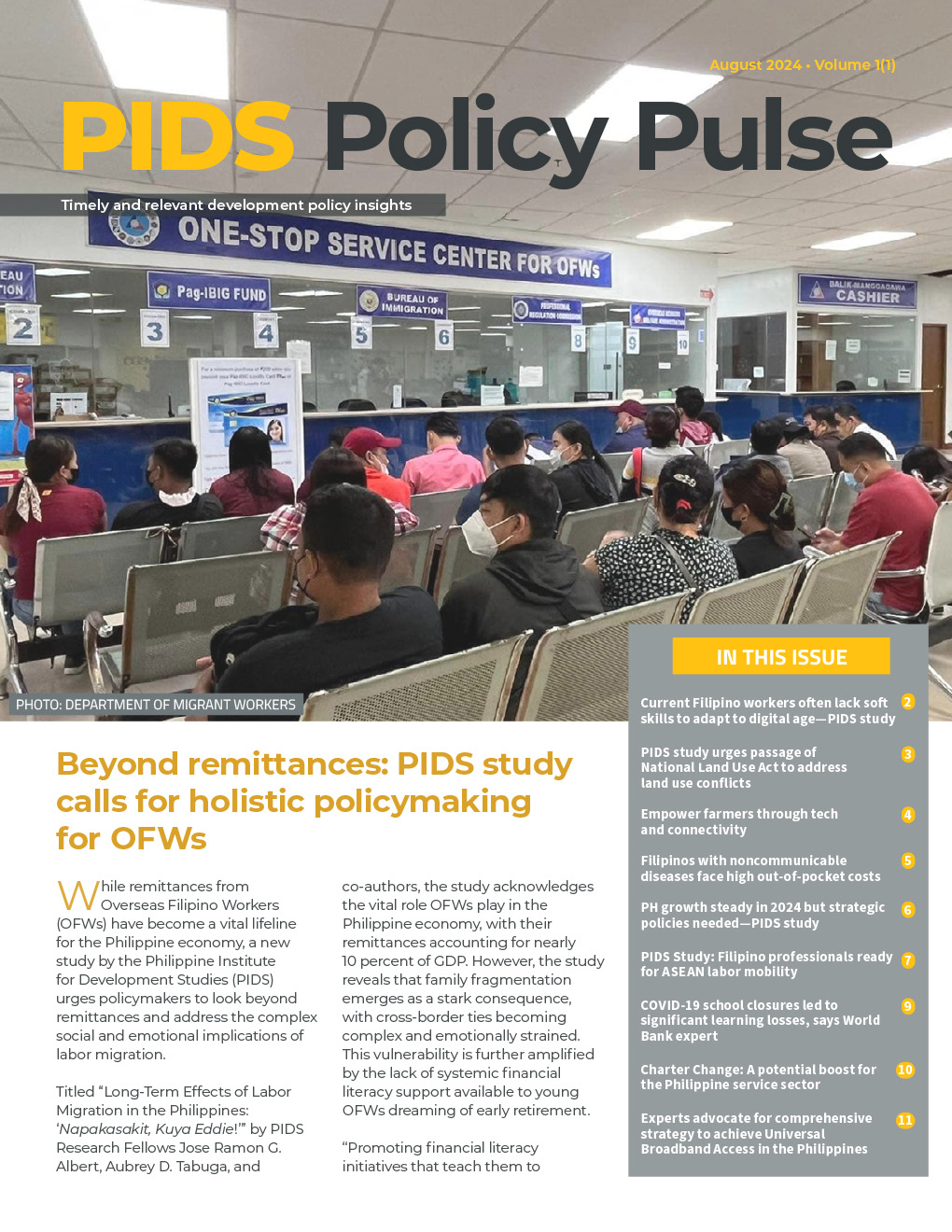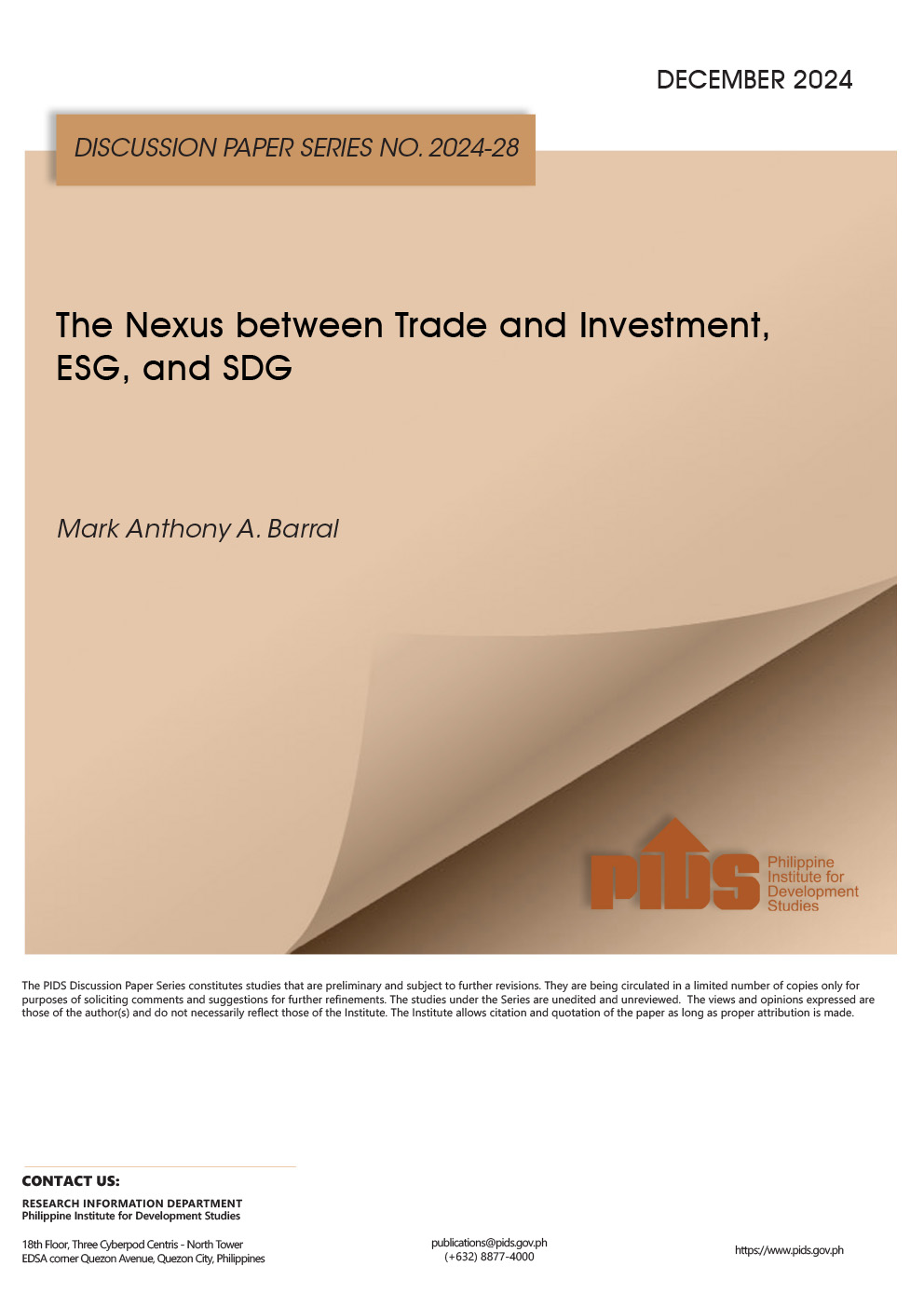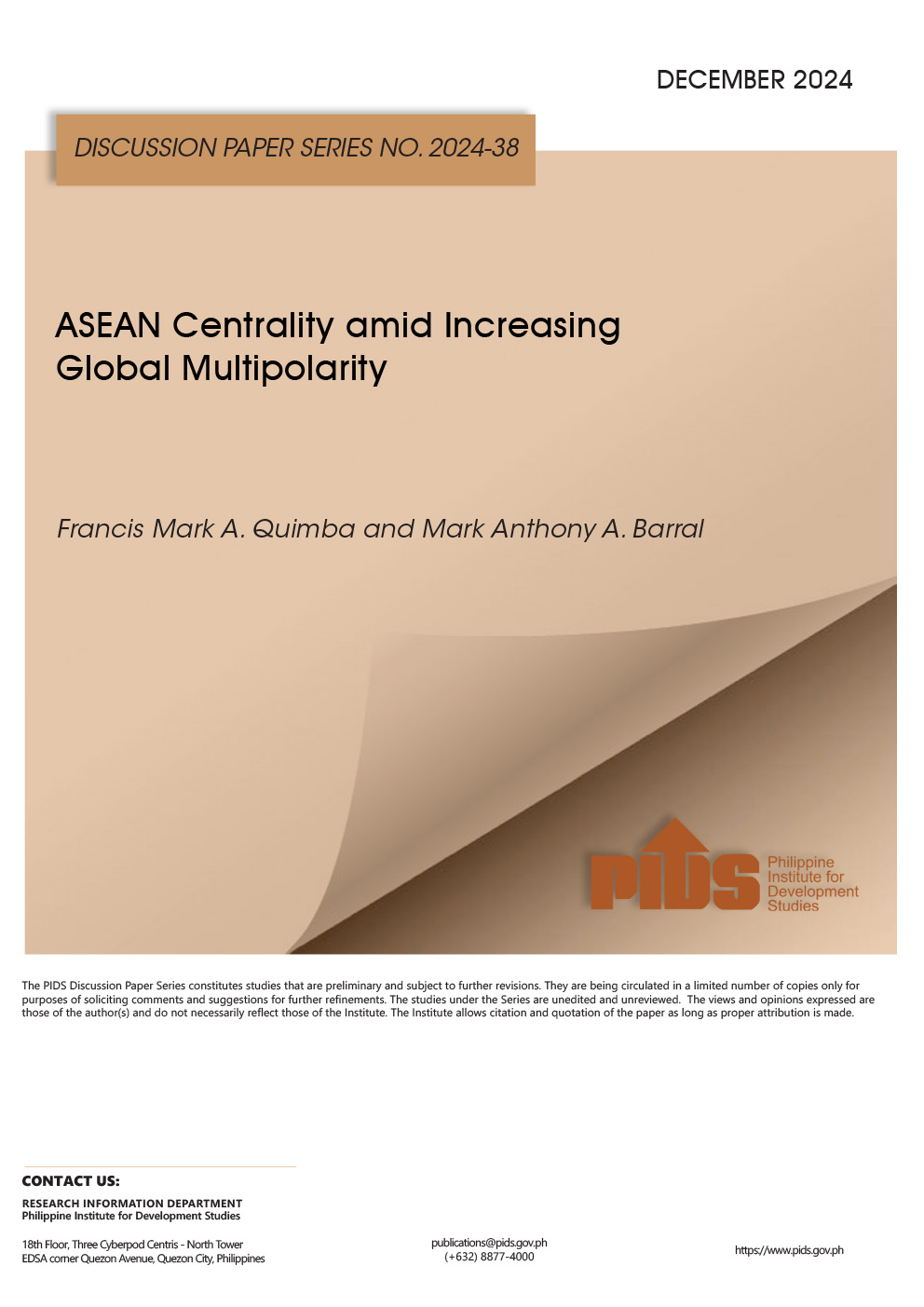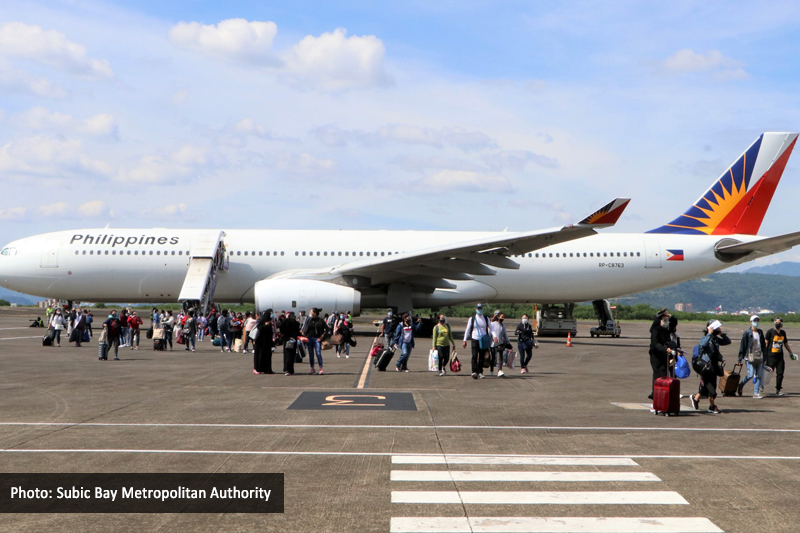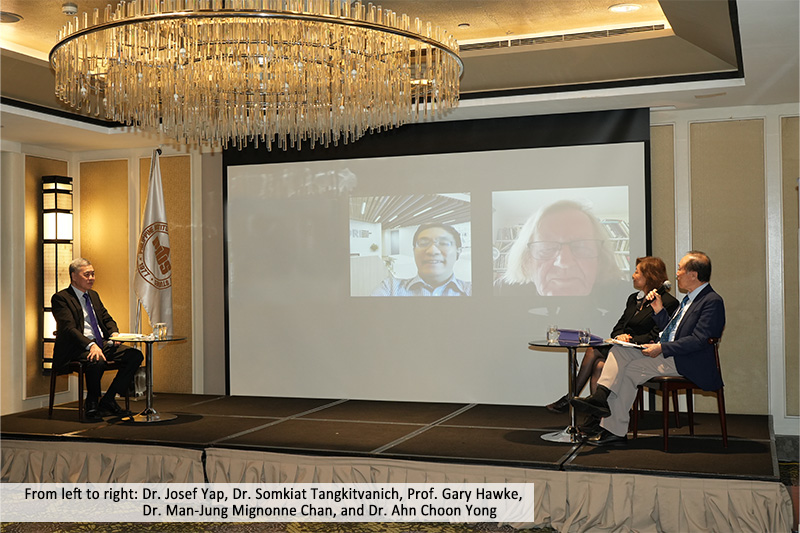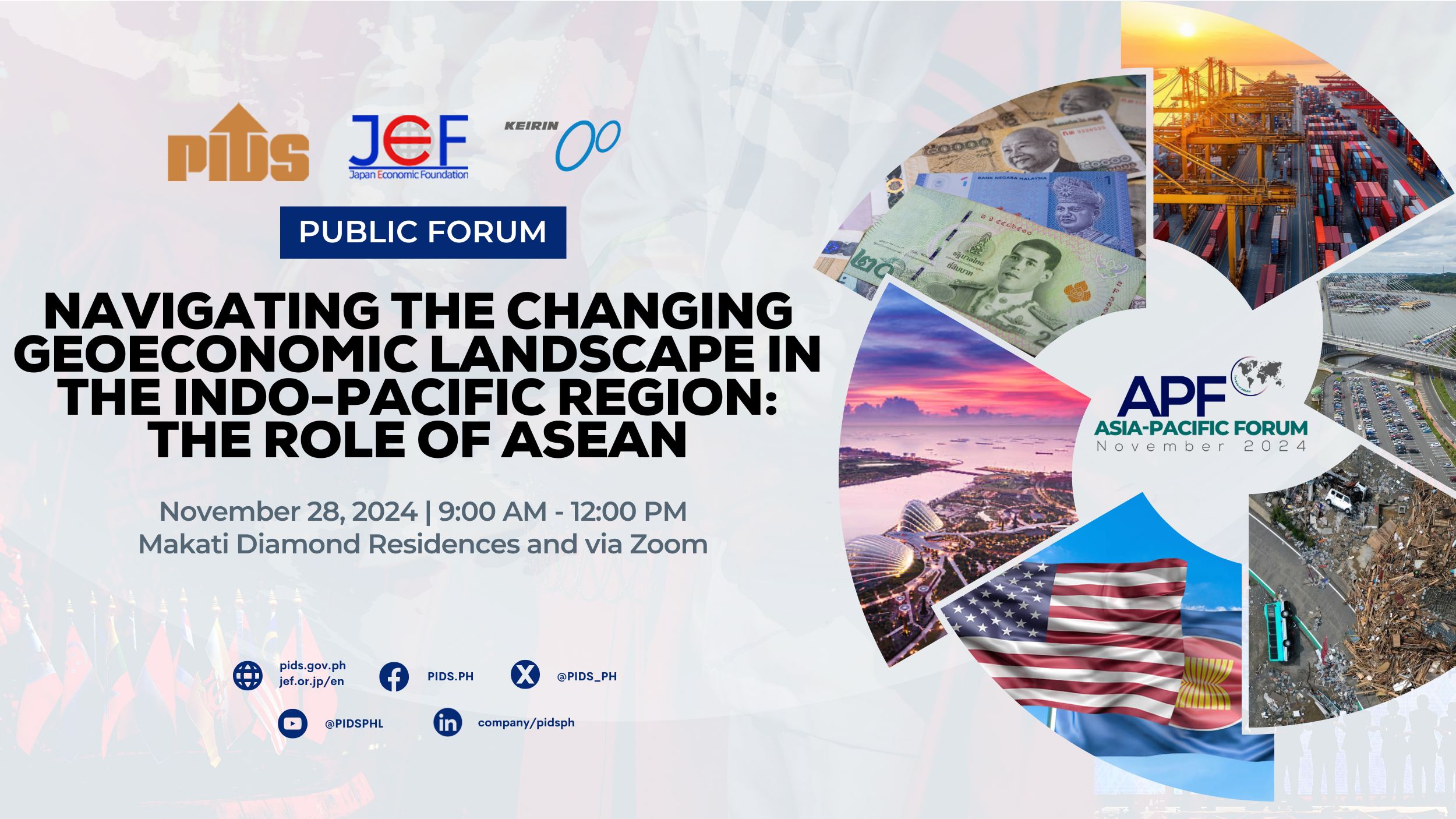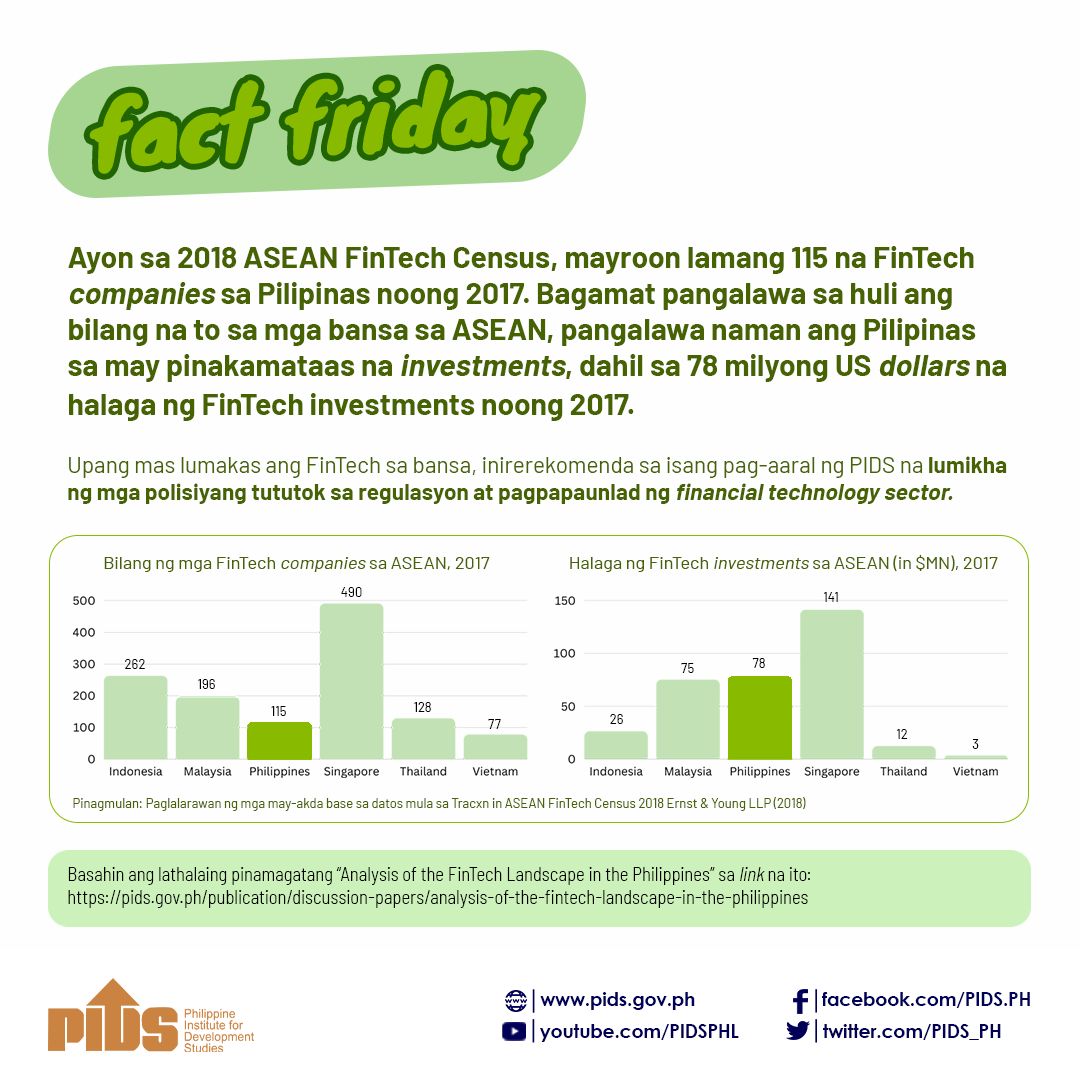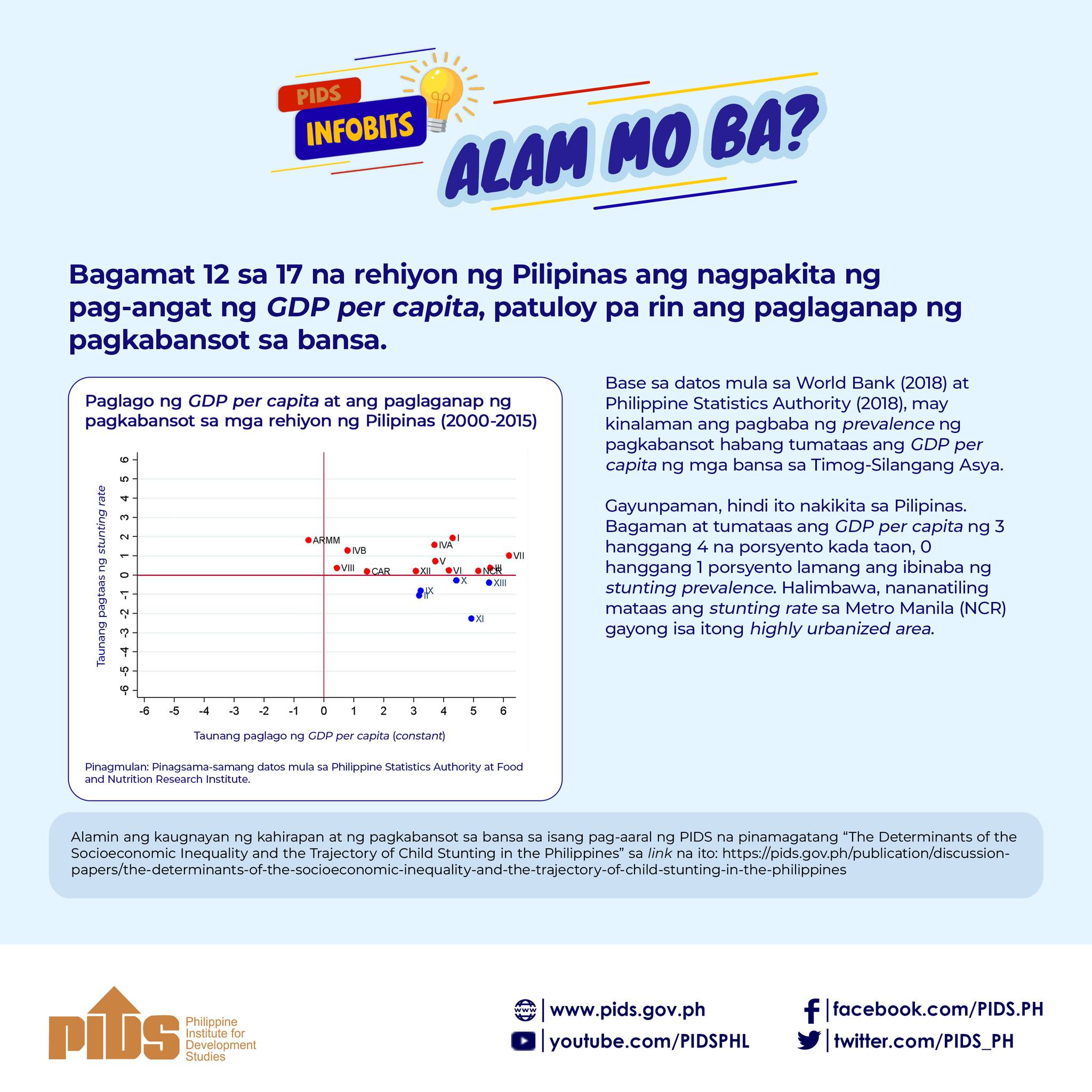As 2015 ASEAN integration nears, the Philippines needs to undertake initiatives for building institutional capacity to strengthen its harmonization efforts towards ASEAN standards and conformance programs.
"The way forward for standards and conformance in the Philippines lies in capacity building and institutional development," said Veredigna Ledda, the supervising research specialist of Philippine Institute and Development Studies (PIDS).
In a Policy Notes, Ledda said ASEAN's standards and conformance initiatives will extend beyond 2015 and are expected to continue to drive change in related policies in the Philippines.
She said the Philippines has been actively developing national standards for the majority of the identified priority sectors, and a number of these standards are already equivalent to international benchmarks.
To build institutional capacity needed for standards and conformance in the country, Ledda stressed that the passage of the 2009 Food and Drugs Administration (FDA) Act that led to the still ongoing reorganization at the Department of Health (DOH) is an "important, positive step."
The new law confers important powers on the FDA, including the power to immediately recall, ban or withdraw health-related products that do not pass safety standards or are found to be hazardous.
The agency is also empowered to conduct post-market surveillance procedures such as inspection of manufacturing and storage facilities for compliance.
Apart from strengthening existing infrastructure, Ledda said increasing the technical expertise of the country's regulatory and standards agencies will equip them to more fully support local firms, especially small and medium enterprises (SMEs), and those seeking to explore markets abroad.
She said that among other steps, new sources of funding could be found for training activities that were previously sponsored by donor agencies and ASEAN dialogue partners.
"Domestic firms as well as foreign companies selling their goods in the Philippines would then benefit from administrative and procedural efficiencies, which may result in lower transaction costs and quicker time to market goods," she noted.
Moreover, Ledda said robust and well-functioning regulatory agencies would be better prepared to safeguard public interest and create recognition of the importance of standards.
Institutional capacity building key to PHL standards harmonization in ASEAN priority sectors
Philexport News

